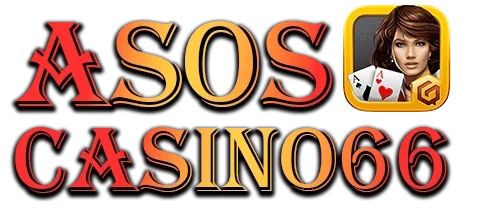While heroes shape the heart of a story, villains often define the emotional stakes—and cika4d PlayStation games have mastered the art of crafting unforgettable antagonists. Many of the best games feature villains who are complex, charismatic, or morally ambiguous. These antagonists push heroes to their limits, raising the emotional tension and deepening the narrative impact.
PlayStation villains stand out because they are rarely one-dimensional. Characters like Sephiroth, Odin, Rafe Adler, and the mysterious Colossi each bring depth that challenges players’ expectations. Instead of simple evil-for-evil’s-sake archetypes, PlayStation games often explore motives rooted in pain, ambition, desperation, or misguided ideals. This complexity makes confrontations feel personal rather than purely adversarial.
These villains frequently serve as thematic opposites to the hero. Their philosophies clash with the protagonist’s worldview, driving emotional conflict. In games like God of War, The Last of Us Part II, and Horizon Forbidden West, antagonists force the hero—and the player—to reflect on morality, sacrifice, and consequence. The best games use this dynamic tension to elevate the narrative, transforming simple conflicts into compelling psychological battles.
PSP games introduced their own memorable villains as well. Titles like Crisis Core, Kingdom Hearts: Birth by Sleep, and Final Fantasy Type-0 feature antagonists whose motivations are intricately tied to the story’s emotional core. Even with portable constraints, these PSP games produced villains whose presence shaped the entire experience, helping cement them as some of the best games in PlayStation’s handheld era.
PlayStation’s tradition of powerful antagonists continues to influence modern storytelling. With each new generation, developers refine their portrayal of villains, ensuring that players encounter foes who are as emotionally impactful as the heroes they oppose.
